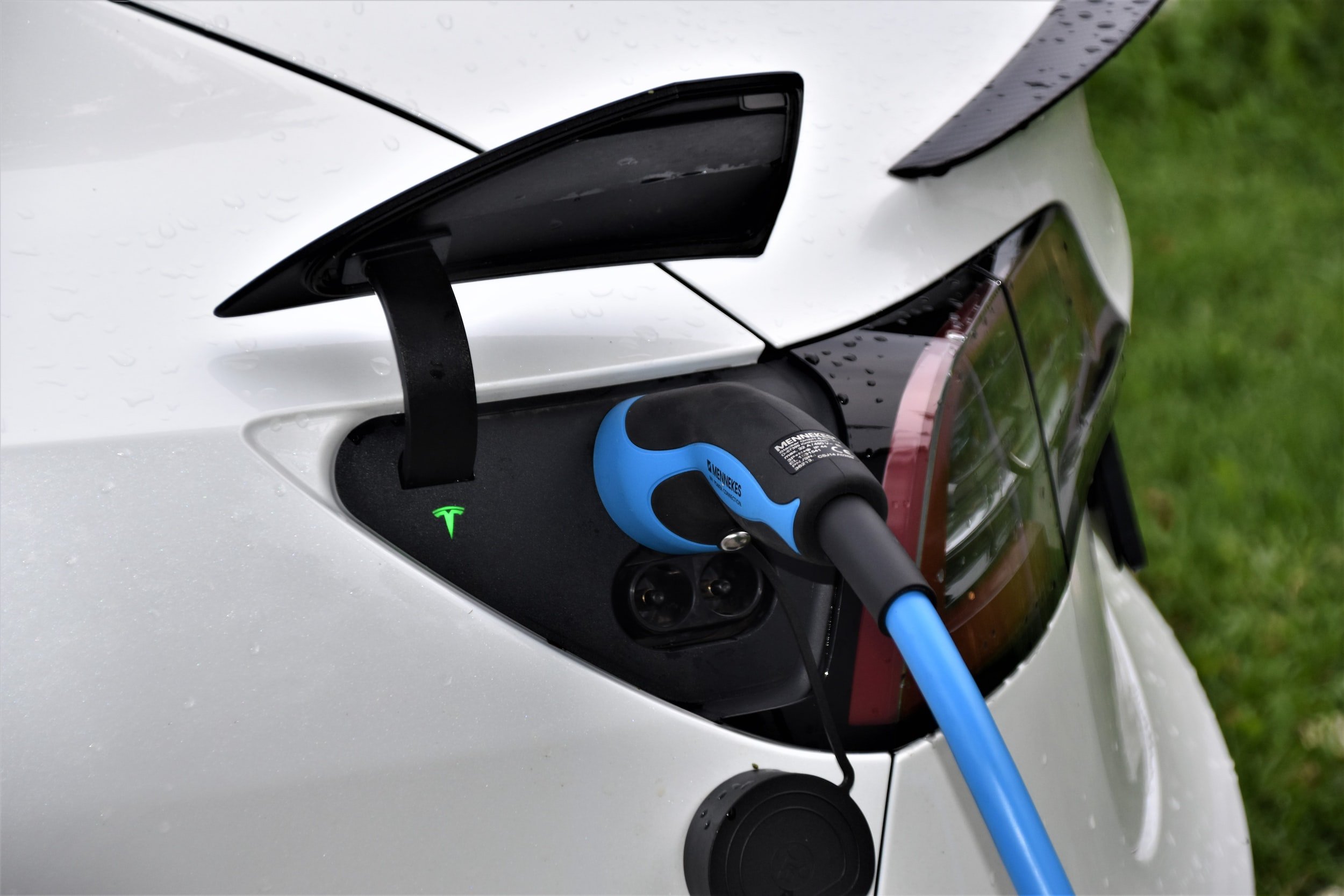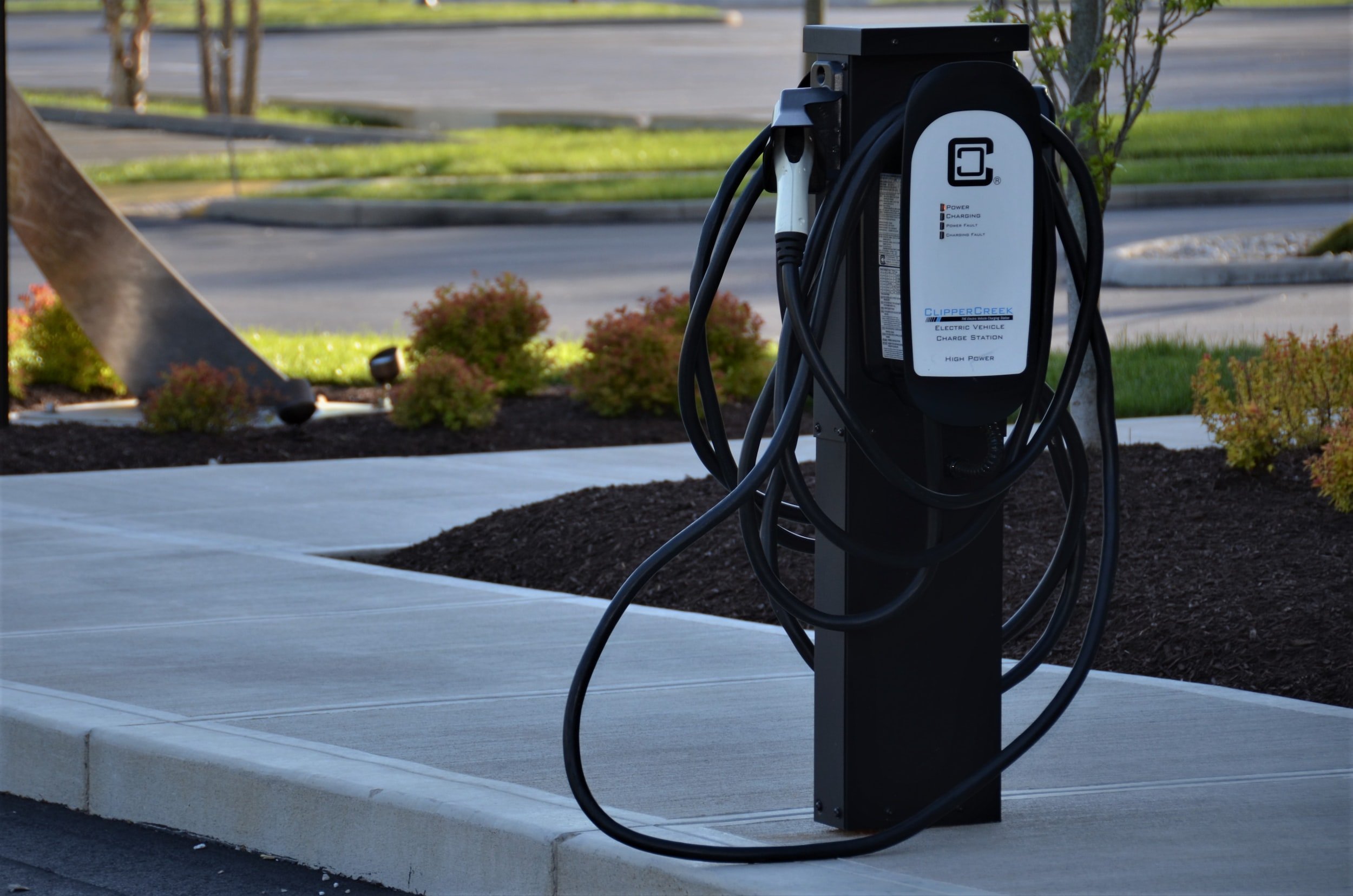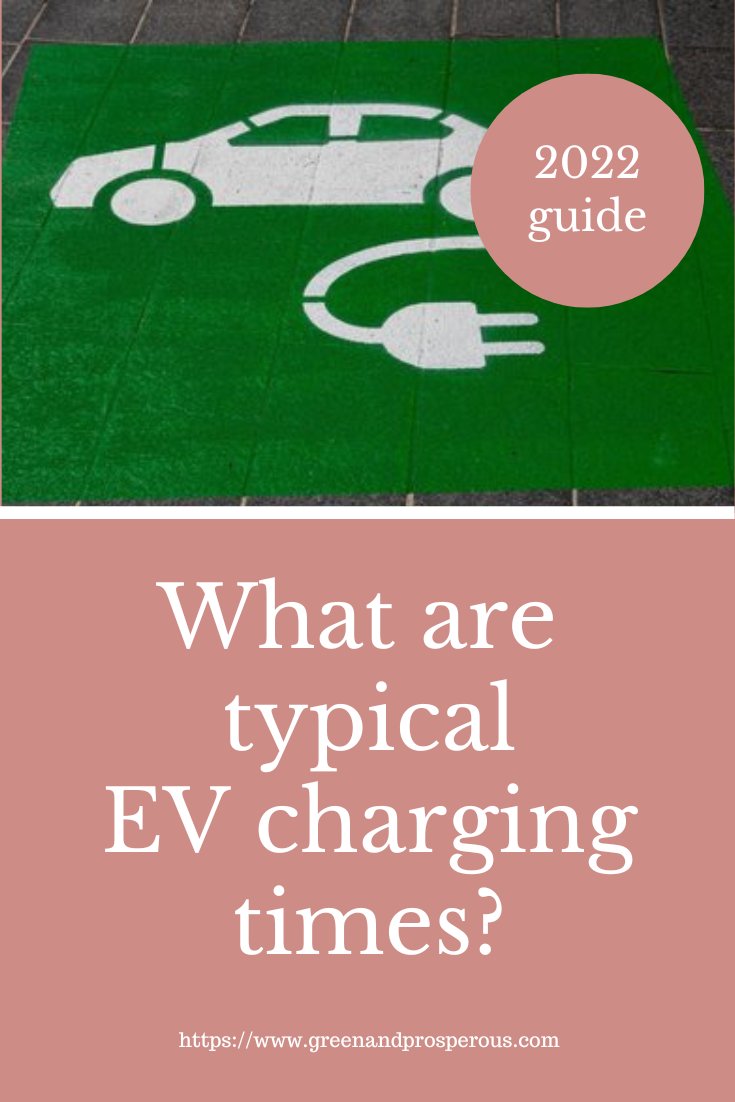The 2022 guide to EV charging times
/Electric cars are easy to drive, look great, are becoming cheaper to purchase, and better for the environment than gasoline or diesel engine vehicles. If you’ve considered investing in one or are wondering whether to install EV charging stations at your business, you probably want to know how long it takes to fully charge an electric car.
A quick search online can bring up a lot of information, some of which may not be accurate. In order to help you figure out what it takes to charge an electric vehicle to its full battery capacity, we’ve pulled together the information that you actually need to know about electric car charging times.
How long does it take to charge an electric vehicle?
The easiest way to determine how long it will take to charge an EV is to divide the vehicle’s battery capacity by the charging power. While there are other factors that can affect charge time, the battery determines how much energy a vehicle can store, and therefore, has a huge part to play in how long a charge will take.
A car’s battery capacity will depend on its make and model. Usually, though, a vehicle with a 60kWh battery -- which is pretty standard -- takes just under 8 hours to fully charge using a 7kW charging point. Remember, this is to fully charge an EV from empty. For those looking for quick results or simply wanting to top up, there are other considerations to take into account.
Charging electric vehicles with a rapid charger
For drivers looking for fast charging, there’s a rapid charger (around 50kW) that can provide vehicles with enough energy to travel 100 miles after just 30 minutes of charging. These kinds of chargers are usually found at service stations and are much quicker than your average home chargers. While the price of rapid chargers can vary depending on location and the charging point itself, usually, it ranges from 25-69p per kWh.
Top up charging
There is another, more common option when it comes to EV charging, and that’s top-up charging. Think of it like charging a phone. You might give it a full charge at home overnight, but during the day, you top it up as and when required -- normally when the vehicle is parked up and using a public charging point.
In terms of power, public and workplace EV charging points are usually similar to those installed at home. The average rating is 7.4kW, and the time it takes to charge 25-30 miles’ range is usually one hour. This is just one reason that workplaces, gyms, and local amenities with EV charging stations are just so attractive.
How often will I need to charge an EV?
How often you will need to charge your EV depends on the vehicle you’re charging, the charger itself, and your driving habits. Typically though, most EVs need charging 2-3 times a week, if you travel around 50 miles a day.
The range of miles that an electric vehicle receives after charging will also depend on how efficient the car is. For example, smaller cars tend to be the most efficient and get around 30 miles of range per hour after charging at a 7kW point. Larger electric vehicles like an Audi e-Tron Quattro get about 20 miles of range per hour. You should also be aware that plug-in hybrids are not always as efficient as fully electric vehicles when it comes to charging times.
Factors that affect EV charging
There are a few additional factors that impact how fast a car charges and how long they stay charged.
The battery size - The bigger the battery, the longer it will take to charge, and usually the less efficient it is.
The state of the battery - Empty batteries will take longer to charge compared to those vehicles that just need topping up. Equally, if the battery is below 20% or over 80%, charging time may be affected as many manufacturers include a built-in feature that protects battery health.
The charge rate of the vehicle - A vehicle’s battery will have a maximum charge rate that can’t be exceeded. Using a faster chargepoint won’t charge the EV any quicker. So, charging a 7kW car on an 11kW chargepoint will still only charge the car at 7kW.
The charge rate of the charging point - Similar to the above, the charging station will also be limited to a maximum rate. If a vehicle can charge at 13kW, but the charging station is limited to 7kW, it will charge at 7kW.
The weather - During colder weather, it may take longer for EVs to charge, and vehicles can be less efficient too.
Number of EVs connected - This relates to public EV charging stations. If there are many electric vehicles charging, the power may exceed the charging station's maximum amount, impacting the overall charging speed.
The type of charger - From home stations and rapid chargers to public-use points and personal battery packs, the type of charging station and cable used will determine how fast the vehicle is charged. This is because they all come at different speeds.
Like this? Please pin!
Consider an EV for your next car purchase
Electric cars are one of the most talked about topics in the automotive industry, and with existing and upcoming tax incentives making it more attractive for car buyers to purchase an EV, this conversation isn't set to slow down. In fact, some say that by 2030 there will be no fueled vehicles on the road. Registrations for EVs have grown by 2400% since 2013. So if you’ve considered whether installing an EV charging station at your business is a wise investment, now could be the time to do it.
Finally, if you need to ship your electric vehicle in the US, there are services out there that can help you to safely transport your vehicle to anywhere you need it (even remote areas!).
About the Author:
Emma Rix is a freelance B Corp Assessment Project Manager, specializing in getting small, mission-led, business across the finishing line and doing everything she can to spread awareness on green energy, green tech and sustainable practices for corporations and individuals.










































Sustainable road travel is about visiting different places while being a friend to the planet at the same time. It's not really about where you're going — it's how you get there. One of the simplest ways to green your journeys is to use an electric vehicle. EVs lower air pollution, cut fuel bills, and keep the roads quieter.